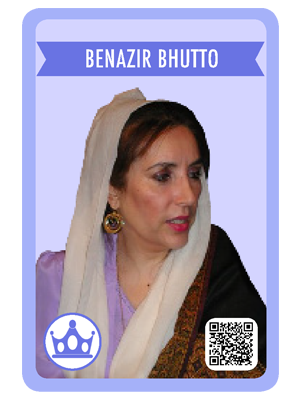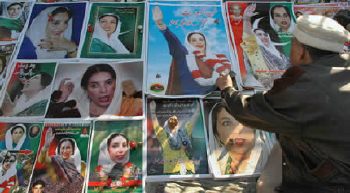


Although her book does dwell on how Islam can be reconciled with the West, it falls short of reconciliation with her own past, in particular, her lost opportunities to make a difference while in elected office. In this regard, Bhutto’s title is a bit misleading. This book is the last in a series of overtures she made toward Western governments and peoples to assist her in reclaiming what she thought was taken from her through manipulation and treachery-her right to govern Pakistan. Its intended recipient is rather in the West, where she aggressively cultivated a following that also remained enamored of her (to varying degrees) to the end. Her connection to many of the Pakistani poor, which she somehow never lost, was part of her charisma in life and has only increased in death.īhutto’s posthumous missive Reconciliation seeks to build on this association, yet it is not addressed to the Pakistani people. Bhutto, head of the largest non-religious political party in Pakistan, had begun tapping into this feeling of marginalization upon her return from eight years of exile in October 2007. Yet the extent of damage to private and public property also indicates a clear reaction to rising poverty, high unemployment and an increasing sense of deprivation among the populace after eight years of military rule. Obviously, people were showing their anger and sorrow at the sudden death of a beloved leader with this bout of destruction. Yet upon Bhutto’s assassination rioting and looting in the Sindh province, including in Karachi, the commercial heart of the country, made other, deeper conflicts evident. Over the last several years, Pakistan has been represented as a place where increasingly belligerent Islamist radicals are pitched against an entrenched military ruler who seeks to make the country into a moderate Muslim state. Benazir Bhutto, Reconciliation: Islam, Democracy and the West (New York: Harper Collins, 2008).īenazir Bhutto’s tragic death on Decemhas reopened long-sealed fissures in Pakistani society.


 0 kommentar(er)
0 kommentar(er)
